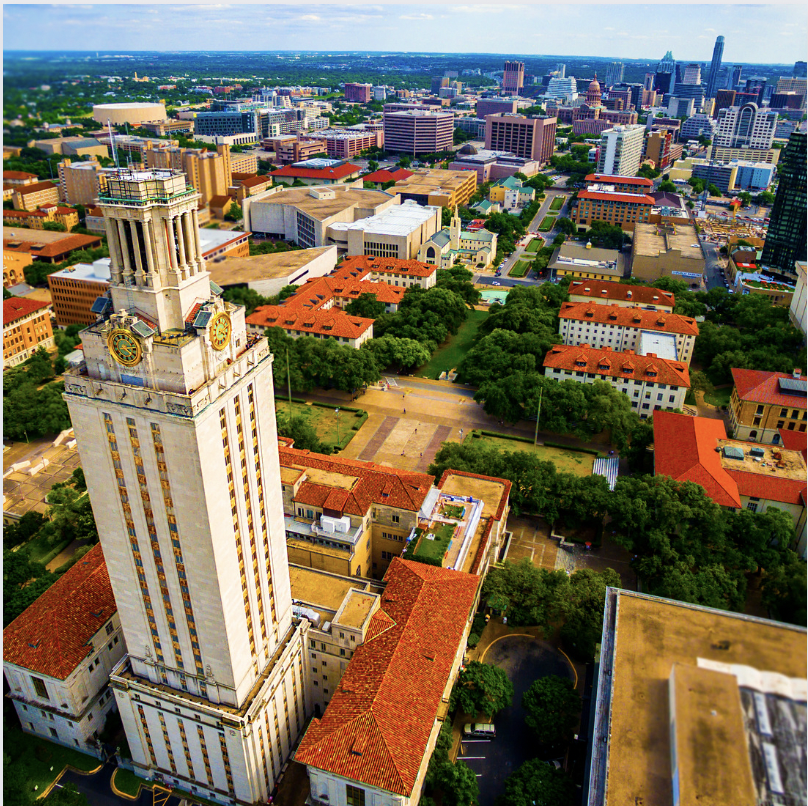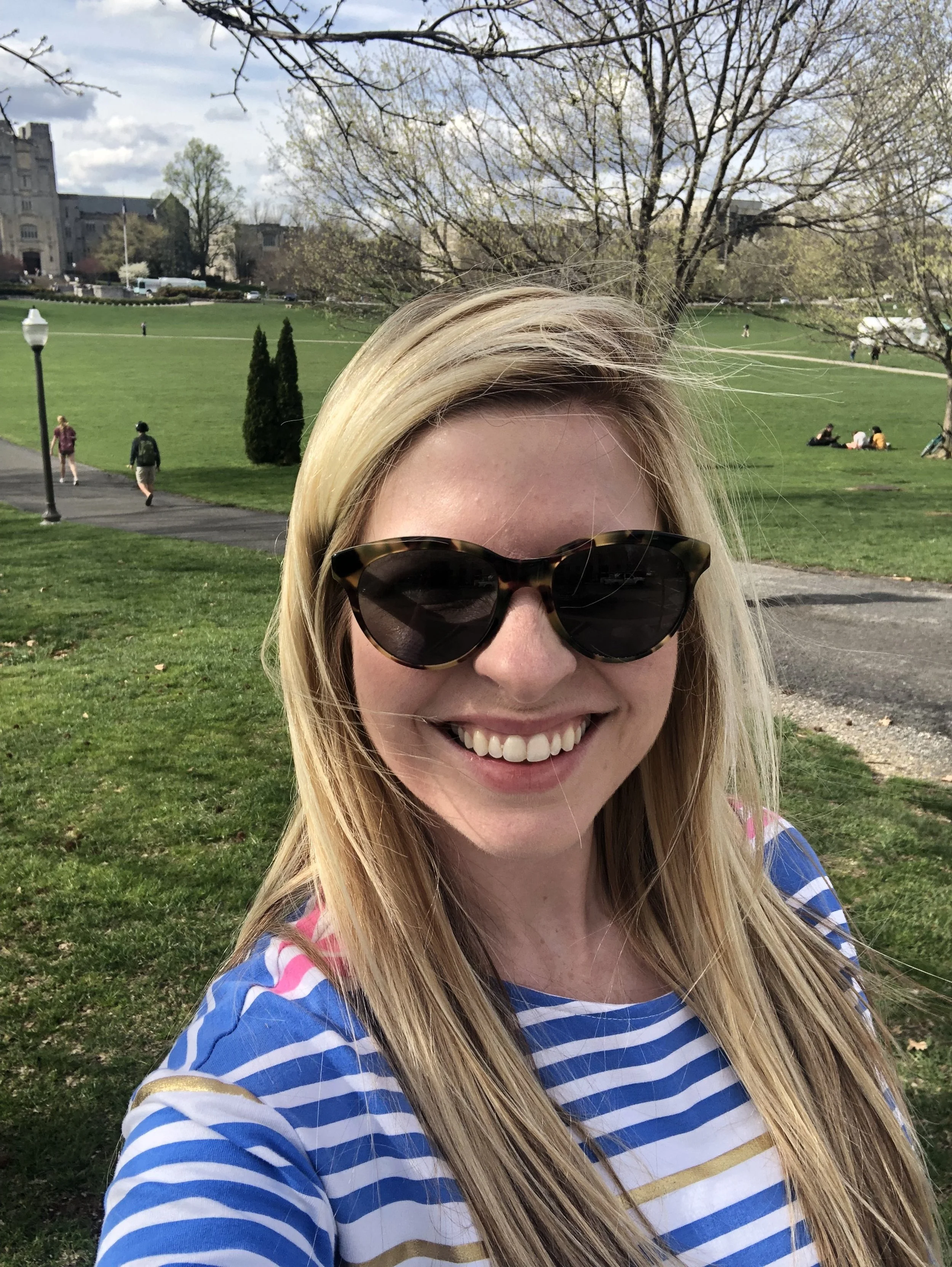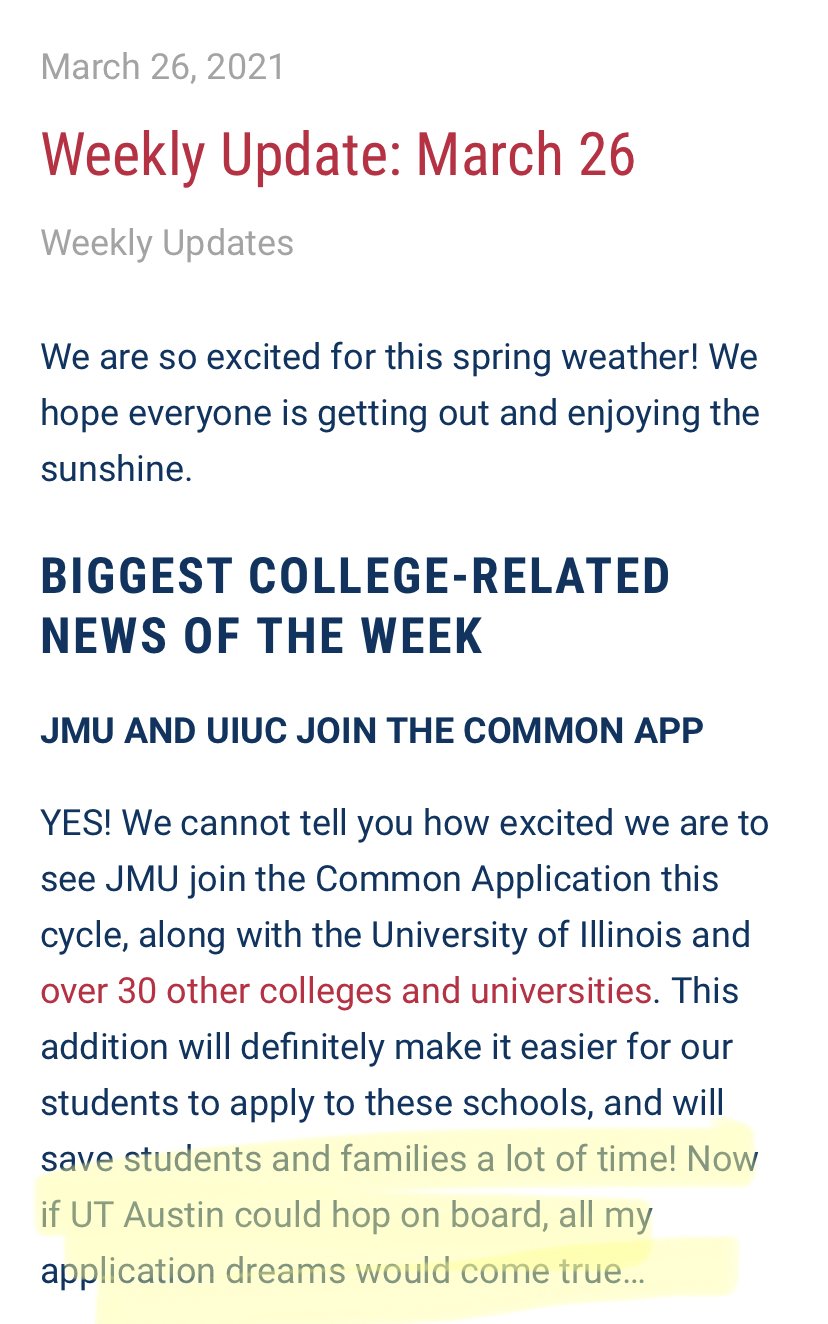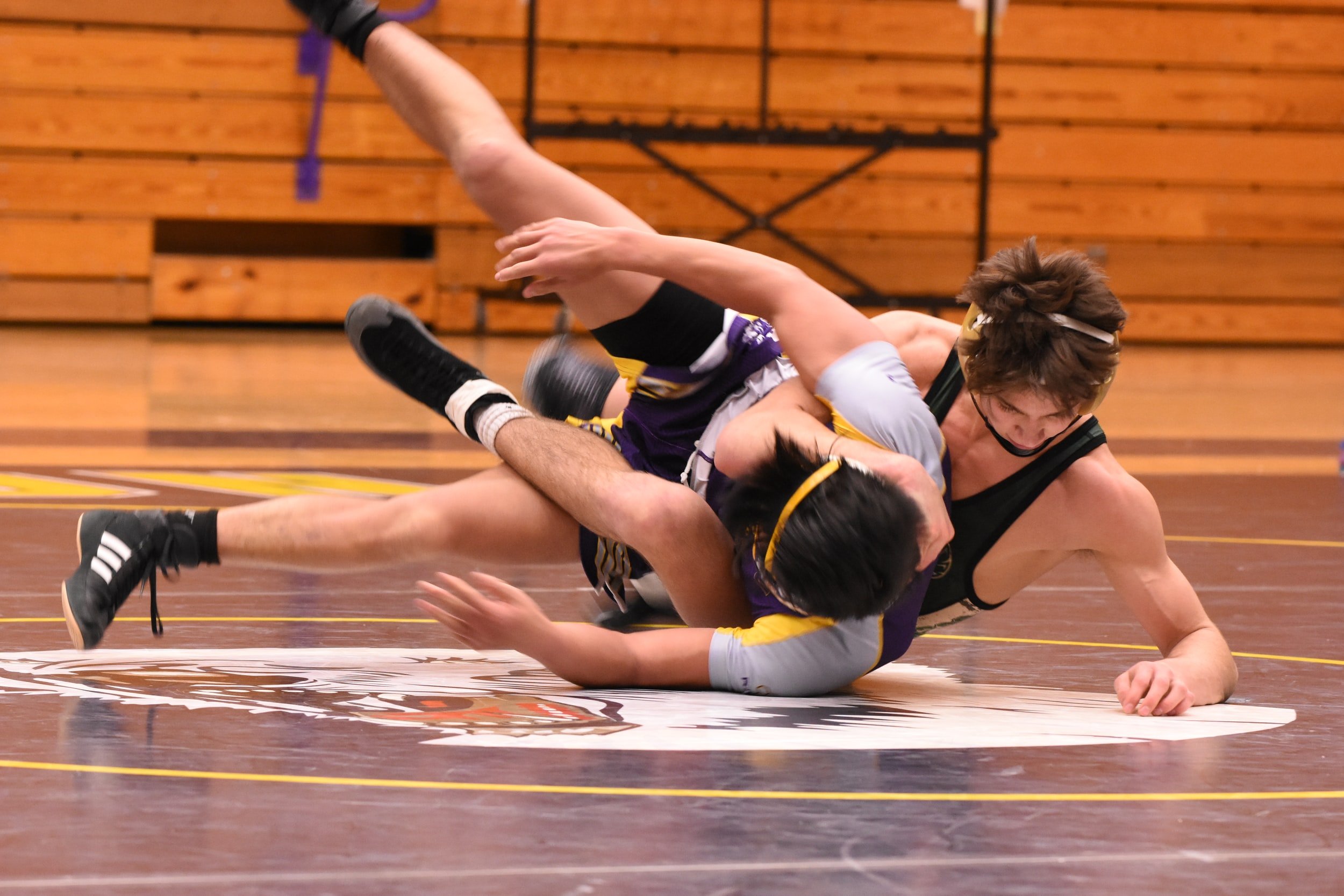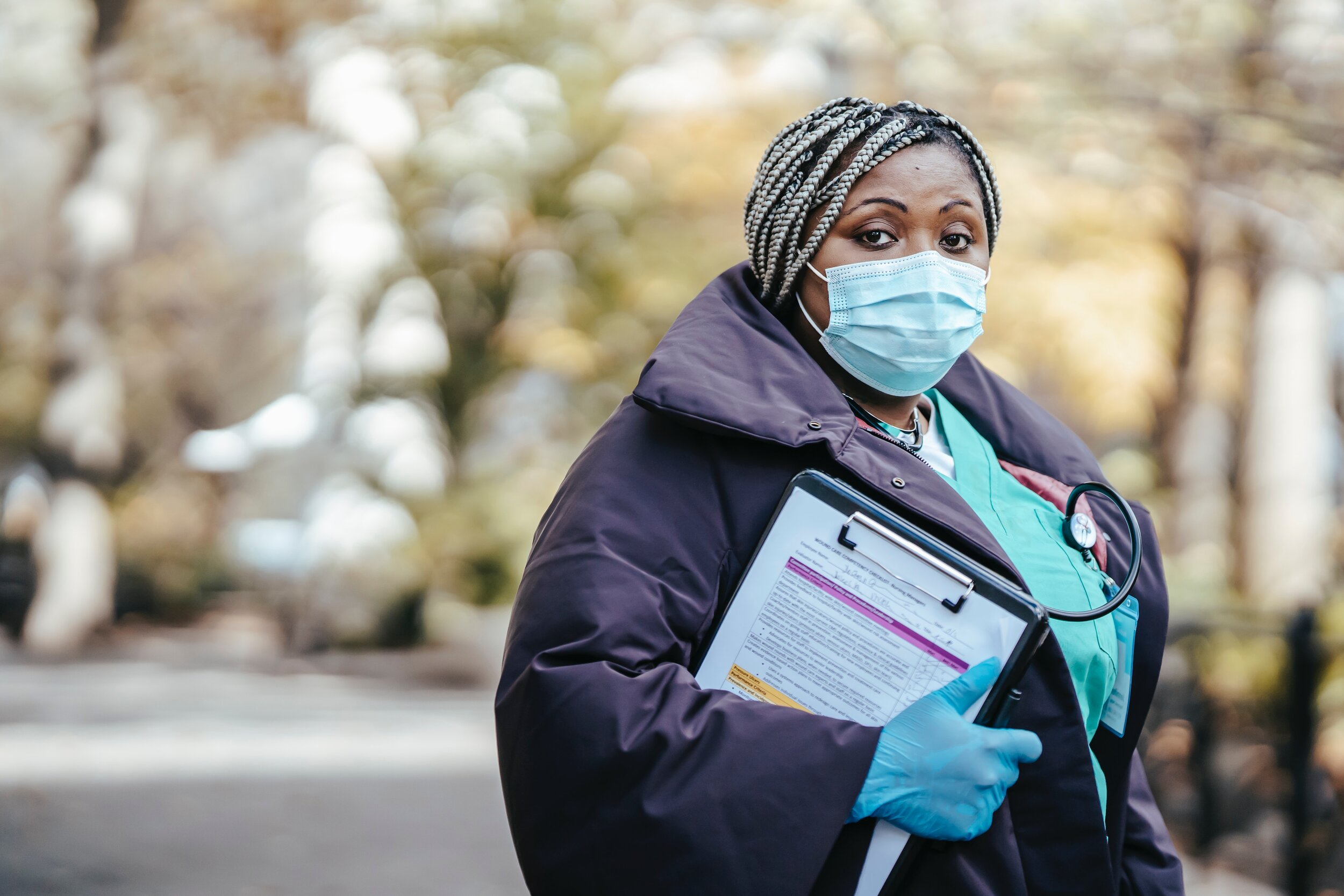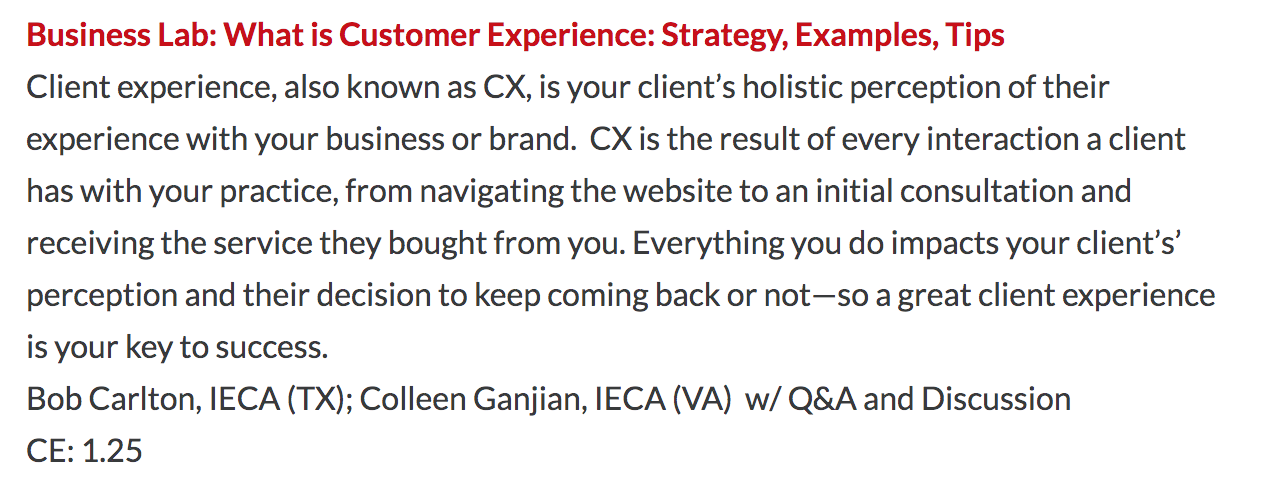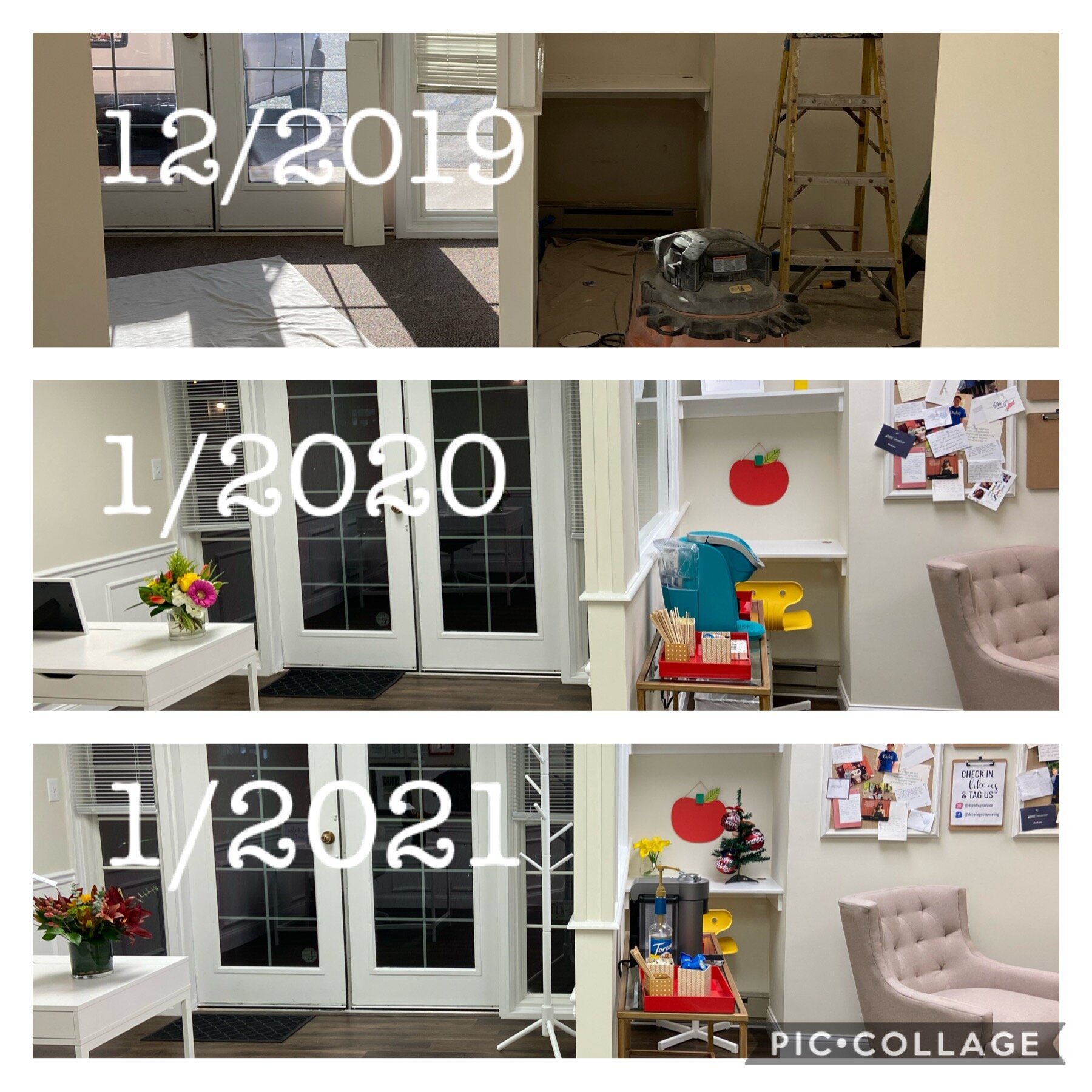Our thoughts are with all of the students impacted by the situation at Columbia today and over the past few days.
BIGGEST COLLEGE-RELATED NEWS OF THE WEEK
OVER 100 ARRESTED, CLASSES HELD REMOTELY AFTER PRO-PALESTINE PROTESTS AT COLUMBIA
At least 108 protesters were arrested on Thursday after Columbia University called the police to clear an encampment of pro-Palestinian demonstrators on its South Lawn. The protestors set up tents on Wednesday morning in violation of university policy that allows peaceful demonstrations in certain areas of campus and with two days of notice to the university. Protestors were eventually released and issued summonses for trespassing; two were charged with obstruction of governmental administration.
The protests continued through the weekend and have yet to conclude, despite many Jewish students at Columbia reporting harassment and an unsafe environment: on Sunday, a Columbia University rabbi even pushed students to return home for safety reasons. Columbia’s president, Nemat Shafik, made the decision today to hold classes remotely. She also asked students to stay off campus unless they live there.
The start of the protests came the day after Shafik spoke at a Congressional hearing on antisemitism on college campuses, where she vowed to keep students safe. After calling in the police on Thursday, Shafik stated that safety is her “top priority” and that the encampment “creates a harassing and intimidating environment for many of our students.” Columbia is no stranger to student protests. The weekend’s events had echoes of a much bigger revolt in April of 1968, when Columbia students seized five campus buildings, took a dean hostage and shut down the university in protest to the Vietnam War.
NATIONAL SPIKE IN CRIME ON COLLEGE CAMPUSES
According to the Department of Education statistics, the number of on-campus crimes has reverted to pre-pandemic highs. Federal data reports 38,303 crimes on college campuses in 2022, compared to 21,200 crimes in 2020. In February, four college students were murdered in three separate on-campus incidents in Kentucky, Georgia and Colorado in just a 10-day span. Experts haven’t reached any definitive conclusions about what is fueling this increase, but many point to a full return of on-campus learning as a contributing factor.
NEW VIRGINIA LAW ALLOWS COLLEGES TO PAY ATHLETES DIRECTLY FOR NIL
Virginia Gov. Glenn Youngkin signed a bill last week that will allow Virginia universities to pay athletes directly for NIL endorsements. As we have previously shared, NIL is short for "name, image and likeness." A NIL deal means that a student athlete is able to enter into contracts to endorse products and make money off their personal brand. Youngkin said that the new policy, which takes effect on July 1, will help schools be competitive in athletics and provide a level of oversight. It would also nullify certain NCAA rules on NIL deals. Florida was the first state to pave the way for college athletes to be compensated within an NIL context back in June 2020, and some foresee that the new Virginia law could incentivize other states to follow suit.
CORNELL ANNOUNCES CHANGE TO STANDARDIZED TESTING POLICY
This change is different from some of the other recent announcements, both because of the timeline and the scope. First, it should be noted that Cornell was one of the few universities in the country to enact test-blind policies during the Covid-related shift to test-optional admissions.
A test-blind admissions system means that the admissions committee will not consider an applicant’s test scores, even if the applicant wants them considered. As far as the admissions committee is concerned, the test scores effectively do not exist. Cornell’s College of Agriculture and Life Sciences, the College of Architecture, Art and Planning, and the SC Johnson College of Business have been test-blind since 2020 while the rest of the university’s undergraduate programs have been test-optional.
Cornell announced the following policy change today: applicants to the test-blind undergraduate programs mentioned above will still go through a test-blind process during the upcoming application cycle for Fall 2025 admission. Applicants to other undergraduate divisions for Fall 2025 admission, which are currently test-optional, will be “encouraged” (but not required) to submit their SAT and/or ACT scores. However, when it comes to Fall 2026 admission, all students - to all programs - will be required to send SAT or ACT scores.
BEST ARTICLES OF THE WEEK
Should freshmen be allowed to choose their roommate? An article in The New York Times last week said no, pointing out the important life lessons learned and the many benefits of not choosing your own roommate. The author argues that forcing kids from widely diverging backgrounds, ethnicities and economic classes to live in close quarters offers its own education: preparing young people for the world by learning to get along.
Many colleges give students the option of choosing a roommate, through social media or a campus matching service. Qualities like resilience, risk-taking, and navigating differences across identity and ideology are exchanged for comfort and control. When kids choose their own roommates, they tend to go with people exactly like themselves, the author says. Dartmouth economist Bruce Sacerdote stated that his research shows a clear advantage to a randomized process. “Universities work so hard to achieve diversity… and the most powerful tool universities have to foster that is through roommate matches,” he said.
In light of this kind of research, Duke has stopped letting first-year students self-select. According to the article, the freshman roommate experience is about getting kids out of their bubble, interacting with different kinds of people, and learning to adapt.
In our office we can see the pros and cons of roommate self-selection in a general sense, but have always advised students against choosing a roommate they know from home - especially someone with whom they are close friends. Roommates often experience conflict with one another during their first year in college as they learn to live in a shared environment. When this occurs with a friend from home, it can result in long-term social consequences that go way beyond the residence hall. Much better, in our opinion, to stay close with the friend from home and live separately.
I read an opinion piece last week on campus freedom of speech stating that fear and paranoia have descended onto college campuses. There are increasingly tougher penalties and new rules for students wanting to speak out on Palestine and Israel, with some schools banning indoor protests or preventing students from posting political messages on their residence hall doors. Student activists report feeling like they are being watched by university officials, believing that the administrators may be monitoring student Wi-Fi or watching students through campus cameras. Since October 7, there have been increased allegations of antisemitism and Islamophobia on campuses, and some schools have responded with tougher disciplinary stances, such as the threat of academic probation.
The author opined that college protest isn’t antithetical to the mission of higher education, but rather, it is central to developing critical thinking skills and a moral philosophy of life. What do students on both sides of the aisle think? A recent Harris Poll conducted for Axios found that 77% of college students “said campus speech should be protected even if some feel the language is deeply upsetting,” – and these opinions were shared equally by young Democrats and Republicans.
Last week, we shared the news that ACT, Inc. is partnering with California-based private equity firm Nexus Capital Management after being slammed by financial losses. Since then, the private equity buyout has set off a lot of alarm bells for education advocates. Many are concerned that the move from non-profit to for-profit status will decrease transparency in the testing process. This is because non-profits are subject to regulatory oversight and disclosure requirements, which help ensure transparency and maintain public confidence. When it comes to test-taking, people need to be able to trust that there is a fair evaluation process. And while ACT says it will not immediately raise test prices, only time will tell if that, too, will ultimately change.
OFFICE HAPPENINGS
In between helping our juniors make progress on their lists, we’re still continuing to help our seniors make their final choices! I wanted to share one tip I gave a student last week that seemed to help her, in case any of our readers could benefit.
While it’s not particularly ground-breaking, I do want to acknowledge that this is not my original idea and I can’t remember where it came from - probably one of my former colleagues. I have used it with students for many years, though, and sometimes I even use it myself when I’m trying to make a hard life decision!
Here it is: once you’ve narrowed your list down to two or three schools using all of the traditional decision-making methods, pretend that you’ve chosen one of them and live in that space for a few days.
Wear the sweatshirt, tell friends and teachers that’s where you’re going, start engaging in admitted student groups and putting winter and spring break vacation dates in your calendar. Read about freshman course selection and start researching professors to differentiate between options in the online course schedule. When you go to sleep at night, think about everything you’ll experience “next year.” Are you excited for the football games? Can’t wait to explore your new city? Which aspects of your new life will be easy from an acclimation standpoint, and which may present a learning curve?
Take notes during this period. What surprises you? Do you feel a sense of relief or a sense of regret? Sometimes our body sends us signals after we make decisions - listen to those and write them down!
Next, repeat the entire process with the other final contender school(s). After you’ve had the chance to reflect on the differences between your experiences from school to school, discuss them with a trusted adult. See if this process provides new insight or helps your decision move along!
Good luck to all of the seniors out there - remember, you chose to apply to these schools for a reason, and there’s typically no “wrong” choice. Most students will be happy at any school on their list!






